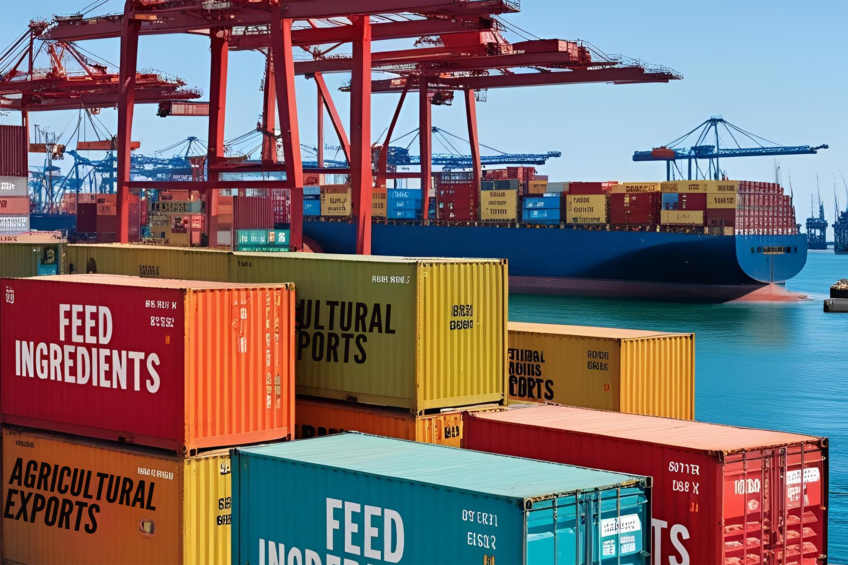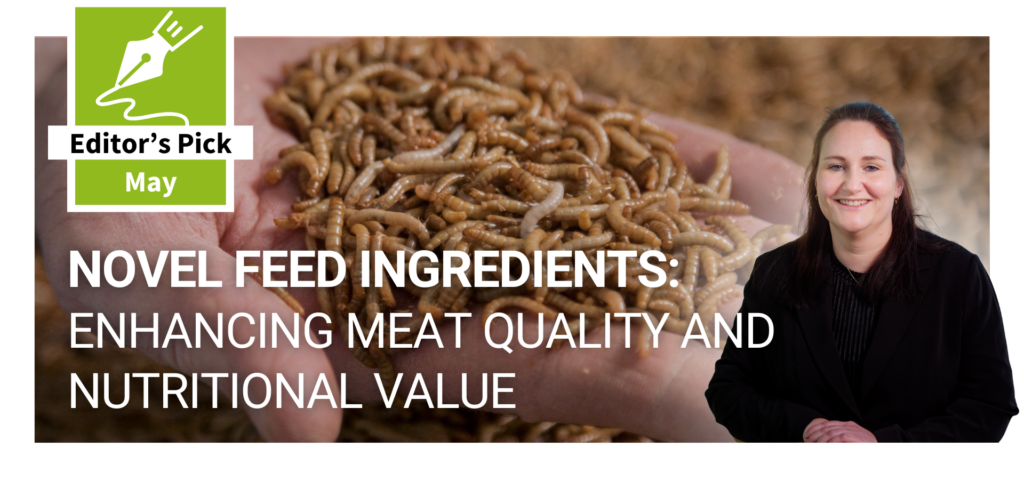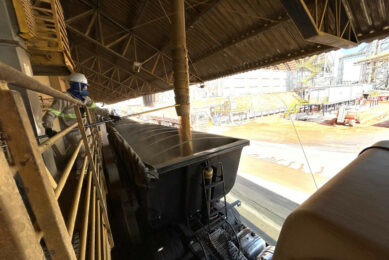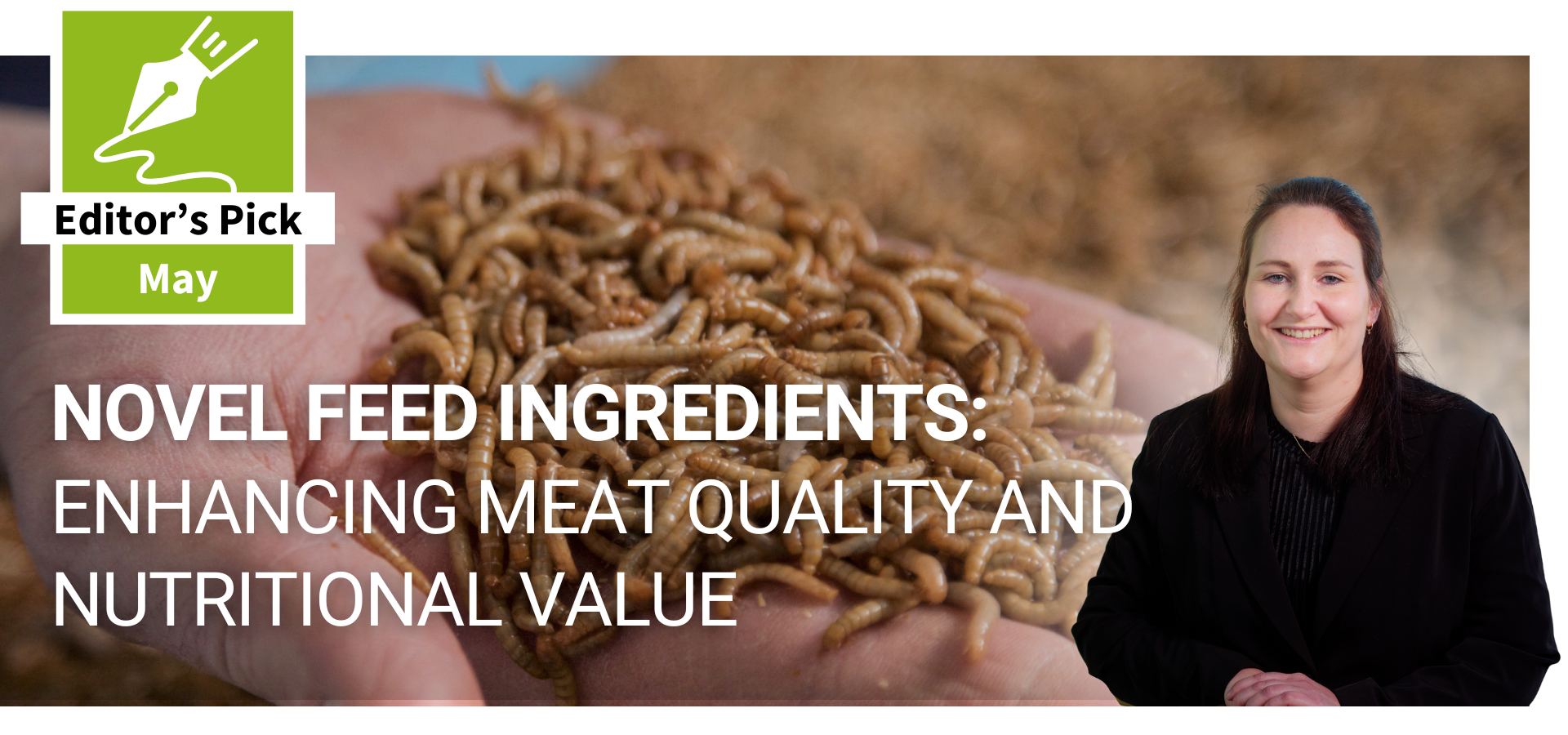Inside AFIA: Navigating trade and supply chain shifts

As the Trump administration rolls out its policy agenda, the animal food industry is adapting fast. AFIA is helping members navigate shifting regulations and emerging federal priorities.
It is safe to say that the Trump administration has moved swiftly to implement its bold policy agenda, and the animal food industry is working to keep pace. With regulatory landscapes shifting and new federal priorities emerging, the American Feed Industry Association (AFIA) is working diligently to ensure our members stay informed and ready to adapt. A look back at the first 100 days of President Donald Trump’s term reveals where the animal food industry is focusing its attention and how the association is helping members navigate this evolving policy environment.
Working to prevent trade barriers, promote global market access
With the US animal food industry exporting $11.6 billion in feed and pet food ingredients in 2024 alone, trade policy remains a central concern for AFIA members. Despite this strong performance, the US continues to face a broad array of trade barriers that threaten the long-term competitiveness of American exporters.
A key challenge lies in the uneven global trade landscape – only a small portion of the world market is governed by formal trade agreements with the United States. While these agreements offer valuable frameworks for economic cooperation, their limited reach places US animal food and ingredient producers at a distinct disadvantage when trying to access high-growth markets. The AFIA is closely monitoring the Trump administration’s actions on trade policy and strongly supports efforts to promote fair and balanced trade while safeguarding national security and economic competitiveness interests.
Shoring up critical supply chains
For the US animal food industry, trade barriers extend well beyond tariffs, with one major concern being the availability of critical inputs such as vitamins and amino acids. The US food and agriculture sector heavily relies on imports of these essential ingredients, many of which are sourced predominantly from China.
Current data shows that approximately 78% of all vitamins used in both human and animal nutrition in the United States are produced in China. In addition, China supplies significant proportions of key amino acids, including 77% of lysine, 91% of threonine, 84% of valine and 27% of methionine.
These dependencies pose a serious risk during periods of trade or diplomatic tensions, as many of these critical ingredients lack viable substitutes, making supply disruptions a potential significant threat to animal health, food production and overall supply chain stability. To address these concerns, the AFIA is supporting the Securing American Agriculture Act (H.R. 1995/S. 912), which would direct the US Department of Agriculture to annually assess the United States’ dependency on certain countries for critical agricultural products or inputs before supply disruptions occur.
Moving forward: Looking for opportunities
As the Trump administration pursues major policy shifts, the AFIA remains committed to advocating for the animal food industry – working to modernise regulations, speed ingredient approvals and reduce regulatory barriers impeding business.











